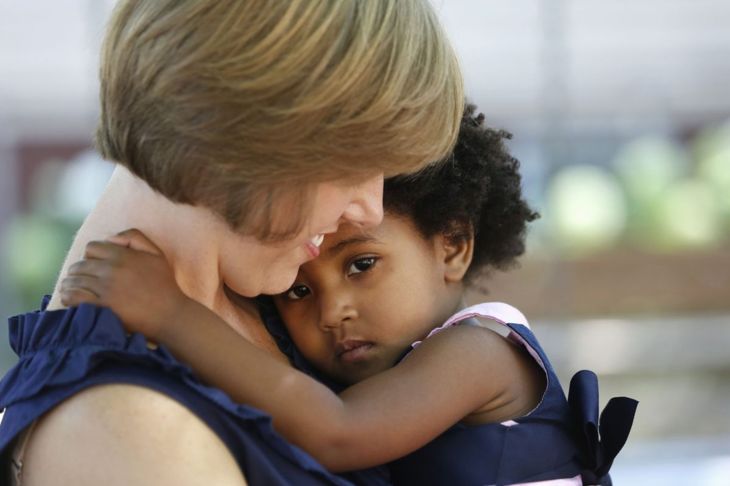Abandonment doesn’t always describe a physical act. People may also feel emotional abandonment due to any loss of personal connection. Abandonment issues occur when a person develops an ongoing fear of losing a relationship. These issues may cause someone to leave one relationship after another, repeatedly engage in high-conflict relationships, or distance themselves from getting close to others.
Why They Occur
People aren’t born with abandonment issues, and fear of abandonment is not a medical condition. These issues develop over time, often beginning in childhood. Children require physical and psychological protection for healthy brain development. While the brain’s architecture may be genetic, a child’s experiences teach them how to build social connections. Psychological neglect and psychosocial deprivation hinders these skills and leads to short and long-term consequences, including abandonment issues.
Borderline Personality Disorder
A person with borderline personality disorder (BPD) faces problems with self-image, as well as varying moods and behavior. They also have anxiety about abandonment. People with BPD find it difficult to deal with the highs and lows or natural progression of interpersonal connections. A fear of abandonment pushes them to constantly compete for social acceptance.
The Impact of Abandonment Issues
People dealing with abandonment issues may also experience anxiety or depression. Some individuals develop other psychological issues that led to their abandonment issues. A person with attachment anxiety, for example, worries not only about abandonment but also about the availability and responsiveness of the person they’ve become attached to. Others may avoid closeness altogether because it makes them feel safer.
Psychological Signs
Long-term symptoms of anxiety and depression are common among adults with abandonment issues, but other signs may also be present.
- Strong need to please and gain approval from others
- Easily jealous
- Feelings of insecurity and inadequacy
- Difficulty trusting others
- Pushes people away and struggles with commitment
- Sabotages relationships
- Tends to get involved in unhealthy relationships
Physical Side Effects and Age
Fatigue, sleep problems, eating disorders, and addictions are some of the physical side effects of abandonment issues. Older adults have a higher potential for loss and separation as they age, which makes them especially vulnerable. These issues affect not only their physical health but also their overall well-being.
Physiological Connections
Social estrangement and abandonment also lead to physiological symptoms because the human brain processes physical and social pain in similar ways. Researchers say that both social and physical pain may rely on a common neural alarm system. Children with abandonment issues may deal with frequent illnesses, stomach pain, panic attacks, uncontrollable anger episodes, and headaches.
Adoption and Abandonment Issues
Some members of the psychological community have voiced concerns that adopted children experience more psychological and abandonment issues. However, a 2008 study found that most adopted children showed no evidence of mental health issues and were psychologically healthy. But adoption advocates say there are concerns regarding governmental policies that prevent any connection between birth parents and adopted children. Another study found that adopted children with no access to their biological roots had a 32% rate of mental disorders, including self-image and abandonment issues.
Diagnosis
Although most abandonment issues begin in childhood, they can also develop during adulthood. Doctors do not diagnose abandonment issues. Instead, they evaluate the individual for anxiety, attachment, or personality disorders which include discussions about childhood trauma or parental abandonment. Other potential factors include the death of the parents, parents with mental illnesses, or parents who were incarcerated.
Therapy
When treating both children and adults, clinicians attempt to identify the source of the abandonment issues. Strategies to avoid codependent behavior are key. Teaching the individual how to identify their “people-pleasing” behaviors is also a crucial part of successful treatment. If a counselor determines that their patient has clinical depression or anxiety, they may prescribe medication.
Current Research
Current research focuses on abandonment issues and the psychosocial impact of global pandemics. These major crises result in massive mental health issues that impact daily life and place a further strain on healthcare systems. Through this research, scientists hope to establish a model to deal with the trauma of abandonment that results from hospitalization, illness, and death during public health emergencies.

 Home
Home Health
Health Diet & Nutrition
Diet & Nutrition Living Well
Living Well More
More




















